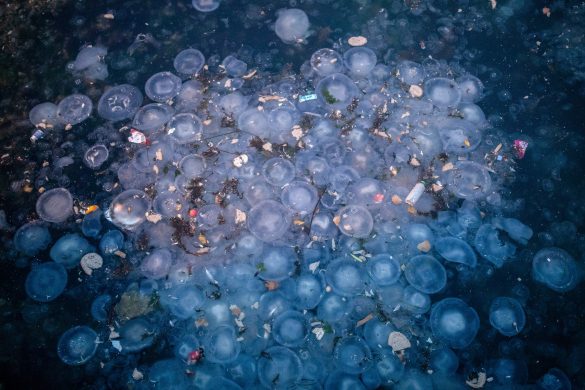Iraq has suffered severe losses of important seeds – FAO appeals to donors
Iraqs seed industry has collapsed and the country is currently not able to meet farmers needs for improved crop varieties, FAO warned Tuesday. The lack of high-quality seeds could seriously threaten Iraqs food security situation, the UN agency (FNs Fødevare- og Landbrugsorganisation) said.
High-quality seed is one of the most critical inputs for sustainable agricultural production. FAO has launched an appeal for a 5,4 million US dollar project to rebuild the national seed industry.
Iraq had a relatively stable and functioning public-sector controlled seed industry before the war in 2003. After the war, research and seed production facilities have greatly deteriorated.
Agricultural research centres were devastated and most of the equipment and machinery, including seed processing facilities and seed stocks, were looted or damaged. This has resulted in the loss of almost all generations of seeds of all crops. Moreover, much seed expertise was lost during the conflict.
As a result, Iraq can only cover four percent of the national demand for quality seeds from its own resources. Most seeds come from farmers own seed reserves, which are of low quality.
Seed shortages
– Iraq has currently no system in place that provides certified high-quality seeds of improved varieties. As a result, crop productivity remains very low because farmers are using their own, mostly low-quality, seeds. If no immediate action is taken, serious seed shortages can be expected in the near future, threatening the countrys food security, said Tekeste Tekie, FAO Project Manager for Iraq.
– Crops and vegetable seeds that have been developed by farmers over centuries should be maintained and further improved in order to meet local agricultural and nutritional needs, Tekie said.
Building on FAOs pre-war experience in northern Iraq, the new project seeks to rebuild a modern seed industry in Iraq and to increase the quantity and quality of seeds available to farmers.
The project
Working closely with the Ministry of Agriculture, the project will replace equipment in research and seed production centres (such as tractors, ploughs, planters and seed cleaning tools) and will also repair or replace damaged buildings. This will enable laboratories to provide seed quality controls.
FAO will also assist in developing a national seed policy and a new seed law. This could contribute to gradually increasing the role of the private sector in seed production. More than 180 tonnes of breeder seeds (wheat, barley, rice, maize) obtained through local production and imports will be used for seed multiplication.
– All farmers in Iraq, including vulnerable and marginalized groups, will profit from the seed rehabilitation project. Through the production of high-quality seed varieties, Iraq will be able to increase yields and reduce food imports, Tekie said.
Kilde: www.fao.org














